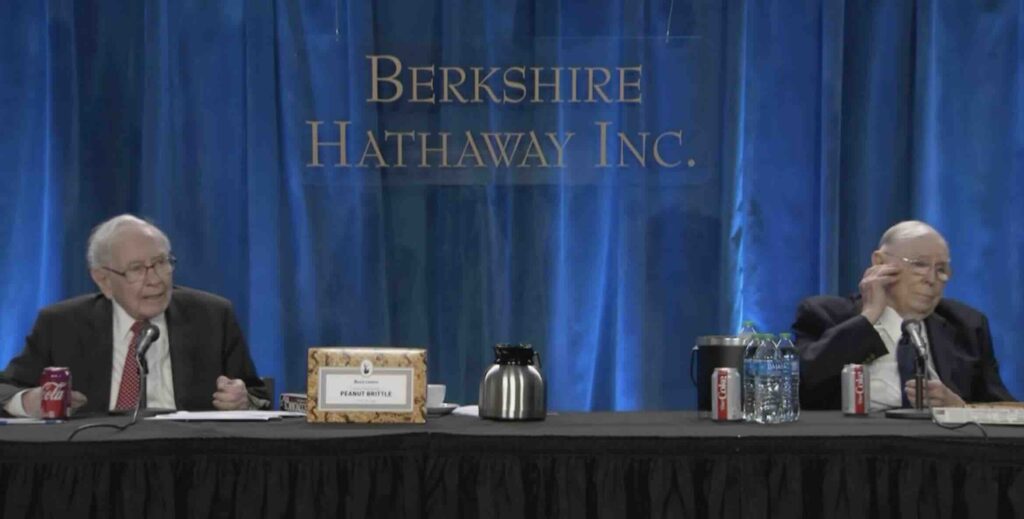
Lessons from this meeting:
Share Repurchases Are Moral When Done Below Intrinsic Value
- Buying back shares at a price below your estimate of intrinsic value concentrates ownership in those who still believe in the business—and lets those who want cash exit at a fair market price.
- Criticism of buybacks often comes from treating them as “fashionable” rather than price-sensitive capital allocation; done right, they’re just a selective dividend.
Don’t Let Tax Rates Drive Your Capital-Return Policy
- Berkshire’s owners voted overwhelmingly against a regular dividend—even higher capital gains rates wouldn’t change that, because most shareholders prefer reinvestment.
- Tailoring payouts to tax whims undermines your corporate identity; better to stick with the model your owners signed up for.
Keep Politics (and Personal Views) Separate from Corporate Governance
- Personal voting choices belong to the individual; company meetings are for shareholder business, not political debate.
- Mixing partisan issues into annual meetings only distracts from the core job of capital allocation and oversight.
Your Number-One Risk Is the Wrong Management
- Decentralization only works if you deeply trust each subsidiary’s leaders—vet character and competence relentlessly.
- A board’s toughest job is firing a poor CEO; don’t underestimate how myth-driven culture and loyalty can let bad bosses persist.
Build a “Fort Knox” Balance Sheet for Optionality
- Maintain ample zero-coupon government bills (not commercial paper) so you can seize once-in-a-decade bargains without dance partners.
- Liquidity underpins both opportunistic deals and the stamina to weather truly extreme shocks (pandemics, deep recessions).
Master the Psychology of Endurance
- Only buy stocks you’d be comfortable holding through repeated 50 %+ declines—if you can’t stand the volatility, skip equities altogether.
- Treat your portfolio like a long-lived farm: ignore daily price “noise” and focus on intrinsic productivity over decades.
Don’t Subsidize Poor Businesses with Shareholder Money
- If a subsidiary’s prospects justify ongoing cash losses, it belongs to someone else; offload or sell rather than bail it out forever.
- Temporary loans to operating units make sense—but only when their long-term economics remain intact.
Allocate Capital Only to Deals You Truly Understand
- When the Federal Reserve mopped up panicked funding needs, the few attractive opportunities vanished—waiting for the next real distress is wiser than “doing something.”
- Stick within your circle of competence: spectacular quants and arbitrage schemes may dazzle short-term, but opaque risks bite back.
Learn Fast—and Let Winners Naturally Dominate
- Honest self-appraisal of past overpayments (e.g., Precision Castparts) is critical; recognize which bets worked and which you over-paid for.
- Successful subsidiaries naturally grow into a larger share of the whole—inevitably concentrating your capital in the best businesses if you “buy and hold.”
Seek Businesses That Grow Without Heavy Capital Needs
- The dream enterprise earns high margins, throws off cash, and needs little incremental investment—every CEO hunts for “software-like” franchises.
- Utility, rail, and energy can deliver reasonable returns, but only low-capex, high-ROIC operations (think consumer brands, tech platforms) compound fastest.
Leave a Reply